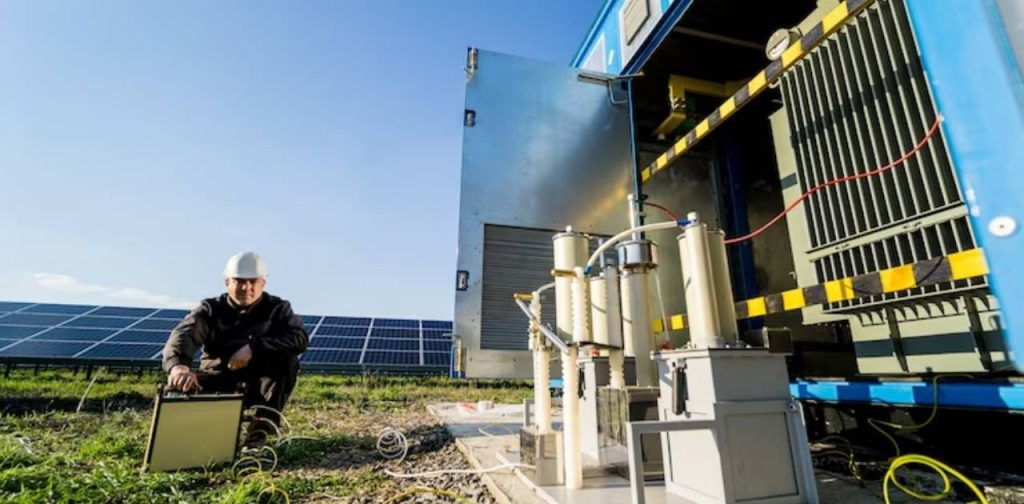In the world of renewable energy, Hybrid Inverters are emerging as key players in revolutionizing the way we harness and utilize power. These intelligent devices seamlessly integrate solar panels, batteries, and the grid, paving the way for a more efficient and sustainable energy ecosystem. Hybrid inverters redefine energy efficiency, seamlessly blending solar, batteries, and grid power.
What are Hybrid Inverters:
A Hybrid Inverter, with its advanced technology, has the ability to intelligently manage multiple energy sources. Unlike traditional inverters that convert direct current (DC) from solar panels into alternating current (AC), Hybrid Inverters go a step further. They not only facilitate the smooth integration of solar power but also efficiently manage energy storage and grid connectivity, showcasing the advantages of hybrid inverters.
Applications of Hybrid Inverters:
- Solar Self-Consumption: When solar energy production exceeds immediate consumption needs, the excess energy is intelligently directed to charge batteries or fed back into the grid, ensuring minimal waste and maximum utilization of the generated power.
- Energy Independence: One of the most impressive applications of Hybrid Inverters is their role in achieving energy independence. By combining solar panels with energy storage solutions, users can draw on stored energy during periods of low sunlight or grid outages, reducing reliance on external power sources.
- Peak Shaving and Load Shifting: Hybrid Inverters are efficient at peak shaving—the practice of using stored energy during periods of high electricity demand to offset peak utility charges. Additionally, they facilitate load shifting by allowing users to schedule when to use stored energy, optimizing cost savings, and reducing strain on the grid during peak hours.
- Uninterrupted Power Supply (UPS): In regions prone to power outages, Hybrid Inverters function as effective uninterruptible power supplies (UPS). When the grid goes down, these inverters seamlessly switch to battery power, providing uninterrupted electricity to critical appliances and systems.
- Grid Support Services: Hybrid Inverters contribute to grid stability by providing ancillary services. Through smart grid connectivity, these devices can respond to grid signals, supplying excess energy to support the grid during periods of high demand or voltage fluctuations.
Conclusion:
Hybrid Inverters are at the forefront of the energy revolution. Their applications range from optimizing solar self-consumption and ensuring energy independence to peak shaving, load shifting, and even providing crucial grid support. As technology continues to advance, these Hybrid Inverters play an important role in shaping a sustainable energy future. Whether it’s a Hybrid Solar Inverter vs Normal Inverter or the process of Hybrid Inverter Installation, the benefits are clear and compelling.







